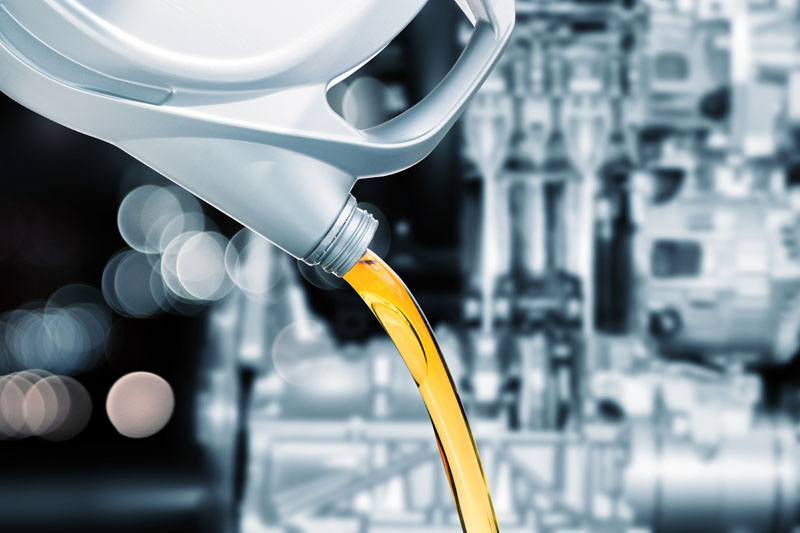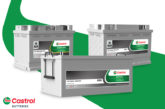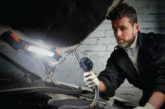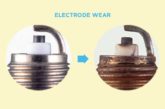
PMM’s Kieran Nee chats with the VLS’ new chairman Mike Bewsey.
First of all, congratulations on the new role. What made you want to take on this job?
I was delighted to be invited to become Chairman of VLS. I have been involved with VLS since 2016 as a board member and have seen first-hand just how important our work is in upholding standards in the lubricants industry.
VLS sets out to achieve an open and level playing field that benefits all lubricant companies by verifying the performance claims and technical specifications upon which lubricants are marketed to the end user. It allows all companies to compete on service, value and product quality whilst assuring the claims made on lubricant products are valid and reliable.
As well as Chairman of VLS I am also Business Unit Director of Moove Lubricants. Over the years, VLS has given Moove the assurance it needs that if we come across a product in the marketplace that has a conflicting technical specification or performance claims that simply don’t make sense, then we can have it checked out. If necessary, it can be tested by an independent third party to validate our concerns and resolve any mislabelling issues.
What are your main objectives going to be moving forwards?
I am very proud of everything that VLS has achieved to date and very much want to build on those solid foundations.
Our main objectives will be to support the transition to dealing with specifications built on new technology including Plug-In Electric Hybrid, Electric and Hydrogen vehicles. With OEMs pushing forward with new technology to meet the upcoming ICE ban planned for 2030, while motorists are holding on to their vehicles for longer than ever, lubricants manufacturers, mechanics and motorists alike will need our support to understand how to correctly market lubricants and use them in vehicles as we begin to transition away from petrol and diesel engines. We can provide stability during change and maintain that all-important level playing field for those involved in the lubricants industry.
Are you prepared for the Euro VII emissions standards expected this year?
We are expecting the European Commission to announce their draft proposals for the new Euro VII emission standards soon. The industry has been debating for some time how far these standards should go. The German Association of the Automotive Industry (VDA) has already warned that the move could result in the combustion engine being phased out from as early as 2025, as the stricter CO2 and NOx emissions limits being introduced, result in combustion engines no longer being competitive.
We are also expecting new tests which will require vehicles to meet stricter emissions standards in all driving conditions, including slow city traffic. Whatever the standards are, OEMs will be the first affected. We will continue to work closely with members to support them in the transition to new, even more sophisticated lubricants that can help manufacturers meet the emissions standards – whatever level they are set at.

Why are there fewer cases going through to VLS now as opposed to two years ago? Despite the pandemic, do you feel the message around compliance is being heard and understood within the industry?
When VLS was first formed in 2013, there was clearly a lack of understanding in the marketplace. VLS initially worked through a higher volume of cases, improving education and standards across the industry. As a result of better compliance, the number of cases reported to VLS is now lower. However, those that are being reported are more complex and often take longer to resolve.
We are confident that the message around compliance is being heard and that lubricant blenders, manufacturers and distributors alike know that they will be held to account by VLS to ensure that lubricants are correctly described and really can deliver what they claim. But as our industry evolves we know there is still work to be done to ensure a transparent marketplace that end users can have confidence in.
What would you like to see change within the relevant governing authorities to ensure that there are fewer problems in the future?
Just like engine technology, lubricants are becoming an increasingly complex area. Gone are the days when any 5w30 would do. As a result of this complexity, it becomes even harder for lubricants companies to manage their increasingly large portfolios and even more difficult for end users to identify what they need. To make matters worse, using the wrong engine oil has the potential to cause even more damage to highly sophisticated modern engines, so making the right choice of lubricant matters even more.
Education is the answer, hence why VLS has established a Primary Authority Relationship with Trading Standards, to work together to put consumers first. Workshops are the front line, dealing with making choices over engine oil and other lubricants every day. We want them to know that VLS is there is support them in making informed choices and that if they have any concerns that a product sounds too good to be true, they can get help to check it out. After all, it is their reputation on the line, should something go wrong with a customer vehicle.
What is the best thing workshops can do to ensure customers’ cars get the right oil and what should they do if they suspect a certain motor oil is being mis-sold or mislabelled?
We always recommend referring to the original vehicle owner’s handbook or the servicing and warranty handbook to identify the right oil. Looking beyond the viscosity to specific ACEA and OEM standards is important. This ensures that the lubricant is fit for purpose in that specific vehicle.
Online lubricant databases can also help workshops confirm the right oil for each vehicle. These databases are powered by the technical knowledge and expertise of large companies such as Olyslager based in the Netherlands or OATS based in the United Kingdom. They spend many thousands of hours each year working through owner manuals and service documents to identify the right products for a vehicle just by entering the registration. These databases sometimes offer a choice of brands so that garages can make their own selection, depending on local availability or their personal preference. If in any doubt, contact the OEM for assistance.
Beware that whilst oil companies may be keen to promote their latest, ultralow viscosity formulations, the average age of vehicles on UK roads is actually increasing. These older vehicles may require different engine oils to the latest models, so it’s always worth checking the exact requirement for each and every vehicle.
If a motor oil sounds too good to be true or workshops have any concerns about it being missold or mislabelled, it’s important to double-check. You can report a product you have concerns about to VLS who will independently investigate it to confirm if it really can deliver what it claims. Poor quality or incorrect engine oil can cause accelerated wear in gears and bearings leading to increased maintenance costs and, if left unchecked, eventual engine failure. Is it worth the risk of damage to customers’ vehicles or your workshop’s reputation?









